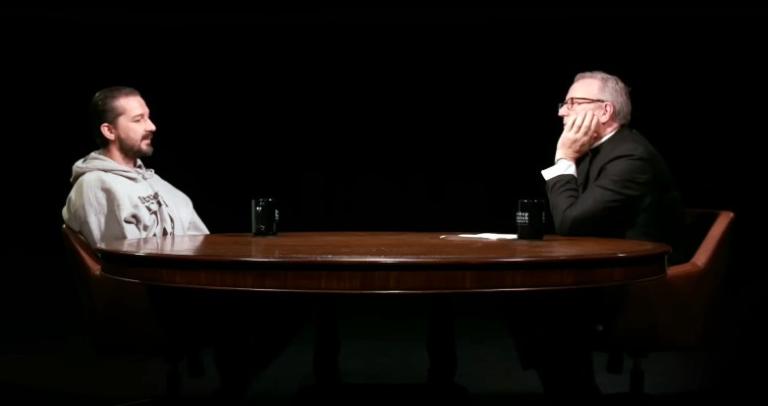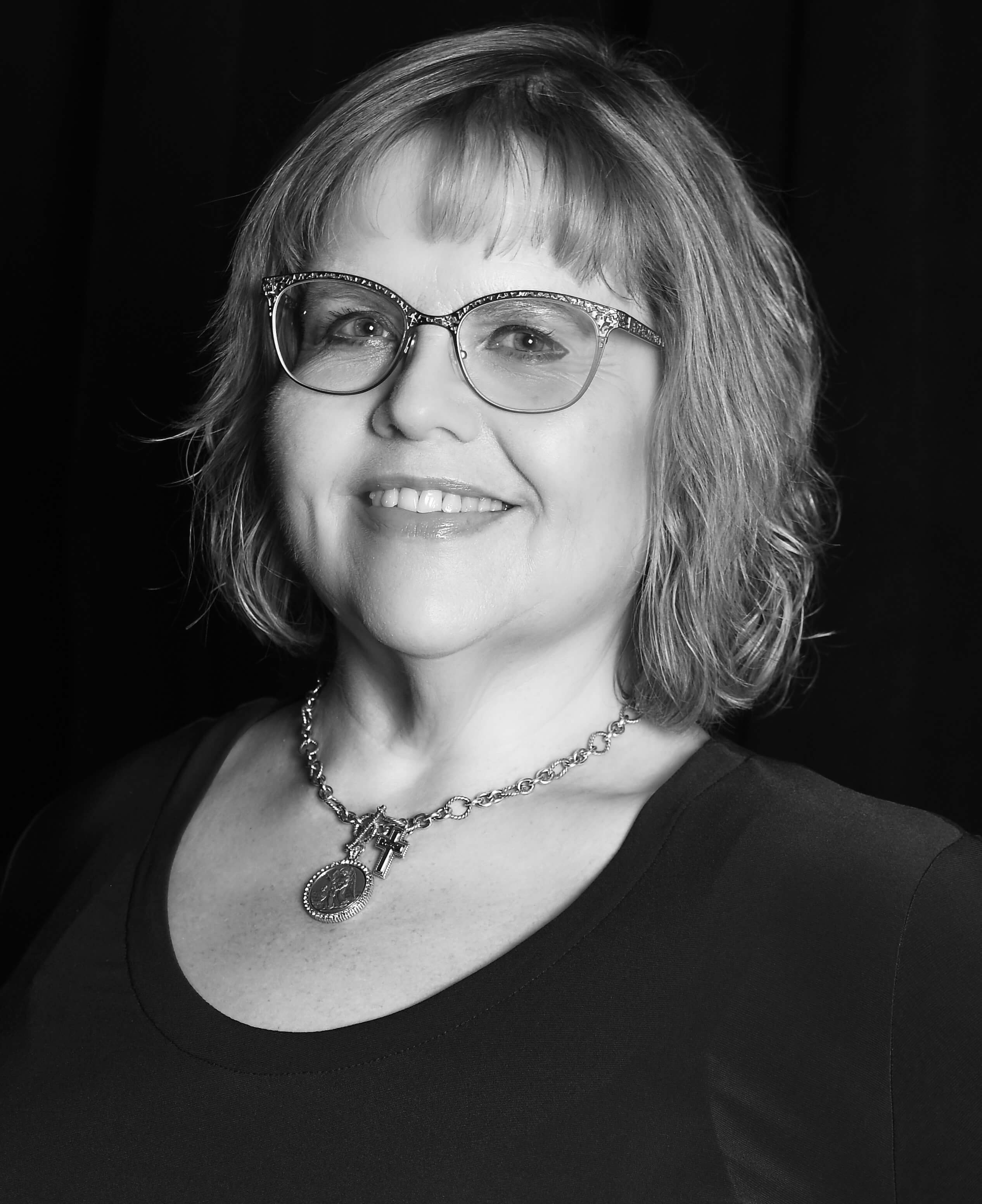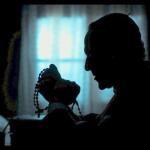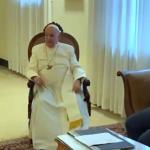
In a remarkable video interview with Bishop Robert Barron, posted earlier this week, actor Shia LaBeouf talked about his life-changing preparation to play the lead role in Padre Pio, a new film about the Italian saint and Capuchin friar.
Based on the interview, it’s been widely reported that, while spending time with Capuchins at a monastery in Santa Ynez, California, LaBeouf converted to Catholicism. While he certainly has developed a love for the Faith, he doesn’t quite seem to have crossed the finish line … yet.
What Is the State of Shia LaBeouf’s Conversion?
LaBeouf reports he was baptized at age 13 by his uncle, a Methodist pastor. Learning that, the Capuchins then urged him to take Communion.
Although merely having a non-Catholic Christian baptism doesn’t ordinarily qualify someone to do so, the friars seem to have felt a need to bend the rules.
From the National Catholic Register, which spoke to the friars:
According to Brother Alexander, one of the Capuchins said to him: “You can’t play Padre Pio without receiving Communion!”
LaBeouf told Bishop Robert Barron he felt a “reprieve” after receiving the Eucharist and decided afterward that he never wanted to miss Mass again.
Brother Alexander said LaBeouf attends Mass as much as he can on weekdays and consistently on Sundays. LaBeouf is in contact with Brother Alexander and “always wanting to learn” about the Catholic faith, the friar said.
But the friar said LaBeouf has not received the sacrament of confirmation yet, though he intends to. Brother Alexander did not know if LaBeouf had received the sacrament of reconciliation.
UPDATE 8/28: Because some of you asked (refer to the links below for details; I’m no theologian):
A correct baptism, using water (whether sprinkling, pouring, dunking or immersion) and the Trinitarian formula (“I baptize you in the name of the Father and of the Son and of the Holy Spirit.”) makes one a Christian.
Therefore, the Catholic Church accepts the validity of baptisms from other Trinitarian Christian traditions (there are those that aren’t Trinitarian, more on that here), if it can be confirmed it was done correctly.
While a Catholic baptism not only makes one a Christian but also part of the Catholic Church, someone baptized outside the Church needs a bit more.
As LACatholics.org, the website of the Archdiocese of Los Angeles, says:
A person is said to be fully initiated in the Catholic Church when s/he has received the three sacraments of Christian initiation, Baptism, Confirmation and Eucharist. This is achieved through a process of preparation.
Ergo, at this point, it doesn’t appear that LaBeouf has completed all his Sacraments … yet.
But, click here for Father Roger Landry’s reflections on what we can learn from LaBeouf’s story.
With Any Conversion Experience, Time Will Tell
While different actors have had intense experiences while preparing for Catholic roles (like Andrew Garfield did, to play a Jesuit priest in Silence), it doesn’t always lead to conversion. And if it does, it’s hard to predict how long the newfound fervor will last — indeed, if it will outlast the release of the film itself.
If LaBeouf — who described himself to Bishop Barron as an “unintellectual feeler” — persists in his faith journey, it will represent a powerful and inspirational turn in his life.
The 36-year-old actor, who gained fame and Emmy Awards for playing Louis Stevens in the 2000-2003 Disney Channel series Even Stevens, went on to appear in many movies, including films in the Transformers and Indiana Jones franchises.
The son of a “hippy” Jewish mother and a Cajun French Vietnam War veteran/professional-clown father, LaBeouf had an unconventional and sometimes abusive upbringing in Los Angeles.
Despite finding acting success, LaBeouf has had multiple brushes with the law, including plagiarism and a guilty plea for disorderly conduct in New York City. He’s also sought treatment for alcoholism, but has denied accusations of domestic abuse by a former girlfriend, while admitting he “hurt” her.
In 2016, he apparently married British actress Mia Goth (Emma.), with whom he shares a daughter, Isabel, born in March.
How Did Shia LeBeouf Wind Up Playing Padre Pio?
LeBeouf may seem like a strange choice by Bronx-born Buddhist director Abel Ferrara to play Francesco Forgione, OFM Cap., better known as Padre Pio and also Saint Pius (Pio in Italian) of Pietrelcina.
But Ferrara, of Irish/Italian descent and raised Catholic — and who lives and works in Italy — has a definite view of Padre Pio, as quoted in TheFilmStage.com:
Ferrara, who explored Pio’s life in a 2015 documentary Searching for Padre Pio, scripted the film with Maurizio Braucci (Martin Eden), and it will follow Padre Pio’s status as a symbol of hope for the Italian people during the country’s difficult inter-war period and exhibition of stigmata.
“This is not a film about miracles, but about a man, born Francesco Forgione, in Pietralcina, a farming village outside Naples,” Ferrara said. “A visionary since childhood, he was a troubled, questioning youth, struggling to find his true calling and place in the eyes of his Lord.
“On his arrival in San Giovanni Rotondo, in the mountains of the Gargano, he discovers a godforsaken region rife with poverty, sickness, and political turmoil.
“In ministering to the poor there, after the devastation of the First World War, he finds his true calling in service, love, and empathy, in the holy sacraments, the rite of confession, and the celebration of the Mass, all of which are aids in counteracting the demonic forces in that autumn of 1920.”
Ferrara’s friend, actor Willem Dafoe, recommended LaBeouf for the part. From Variety:
“He’s the kind of actor that the next minute he jumps in his pickup truck, and he’s driving to a monastery in California,” says Ferrara.
The helmer explains that when LaBeouf arrived at Rome’s Fiumicino airport, he was dressed in a robe. Then, he went to the monastery in southern Italy where the film was shot and slept in a bed that Padre Pio slept in. Ferrara points out that the film is supported by the Padre Pio brotherhood and that the monks in the film are real.
“He’s bringing his own life to it. You are seeing a person going through a very similar experience. It’s not just about wearing robes and performing actions,” Ferrara notes.
“When the actor is living a parallel-type journey, that’s when you get such a powerful performance.”
What LaBeouf Thinks Acting and the Mass Have in Common
In speaking to Bishop Barron, Shia LaBeouf explained how he found a correlation between being an actor and being a priest celebrating Mass.
Just to say that Mass is a bit of a performance. Mass, you are the priest is performing the last moments of Christ’s life, and he is a vessel for this extraordinary experience, this extraordinary moment in time.
And he is replaying these, as he’s imbuing, as the Host is imbued with the spirit, that is a bit of a performance. So, different priests have different performances.
And there’s not to say a priest is an actor because that somehow minimizes the sacred nature of the task, but there is a correlation between Mass and being an actor completely immersed in an immersive experience.
This helped him key into Padre Pio. He explains:
That was my first inroad to Pio, was OK, that Mass is an immersive experience. He’s fully involved. His Mass was very different than other Masses that were performed, in that it was lively. You never knew which way it was going to go.
Yeah. And it’s an emotional experience. It’s not just the tradition of it, it’s not just the ritual of it, it’s an entire journey that he goes through. He’s exhausted at the other end. He’s sweating, he’s dripping, he’s crying, there’s snot.
It’s like the man went to battle. He went to war. And it feels like there’s a death that happens and a Resurrection. And it’s extremely emotional, which is how he touched people. He didn’t touch people through these profundities that he spit, he was also an immense feeler.
And Then There’s the Bit about the TLM
It’s hard not to get excited when a famous person appears to have fallen in love with the Catholic Church, but LaBeouf’s conversion story isn’t the only newsworthy bit in the interview.
Bishop Barron has kept himself largely out of the controversy surrounding Pope Francis’ efforts to minimize and suppress the Tridentine Rite, the Traditional Latin Mass (TLM for short), which the pontiff reportedly sees as regressive and rigid.
The pope, though, is coming to the issue from the perspective of a man in his 80s. He sees the TLM through the lens of something he knew as a young man that has been replaced by something he apparently views as more relevant and inclusive.
But, for lots of young people who come to the TLM without preconceptions and through the lens of their experience in a world of inauthenticity and hyper-marketing, it can be a powerfully transformative and spiritual experience (something I wrote about in 2014).
That seems to be what happened to LaBeouf. Bishop Barron probably didn’t expect this, but the interview wound up including Shia LaBeouf’s ringing endorsement of attending the TLM.
LaBeouf said:
The Mass has changed because there was a yearning to activate the public in an artificial way. And I would say, I mean, listen, I’m no expert on any of this, but it feels like this bureaucratic activation, like rules were set or a change happened in the tradition from Latin Mass to the Mass that you now receive at a traditional Catholic church.
It’s almost as though the Church is trying to, almost from the office, activate the audience without putting the agency on the priest. Which is where the singing and the back and forth comes from.
Whereas old Latin Mass put all the agency on the priest to be fully activated. And that activation of the priest was supposed to activate the audience, activate the laity, that all the agency was put on the priest. And I don’t want to get too far into this because then you get into controversy. But Latin Mass affects me deeply. Deeply.
Barron asks “How come?”, and LaBeouf replies:
Because it feels like they’re not selling me a car. … And it feels like it’s not being done to sell me on anything.
And it feels almost like I’m being let in on something very special. And the quiet, it activates something in me where it feels like I found something.
It’s a little bit like a band. When a band is pushed on you, it doesn’t feel the same way as you finding it. When you find it, then you root for it. It feels like this special thing that you found and you protect it and you hold it and it’s yours.
When somebody’s selling me on something, it somehow takes my… It kills my aptitude for it, and my suspension of disbelief, and my yearnings to root for it.
You can watch the whole thing below. Whatever happens in the future, it’s a fascinating testimony. There’s nothing quite like looking at something so familiar through someone else’s fresh eyes.
Padre Pio (IMDB page here) is set to premiere in early September at the Venice Film Festival’s independently run Giornate degli Autori, but there’s no word yet on an American release. Here’s the trailer:
https://youtu.be/mOd7fBjFJSE
Image: Screenshot, Word on Fire
Don’t miss a thing: Subscribe to all that I write at Authory.com/KateOHare














